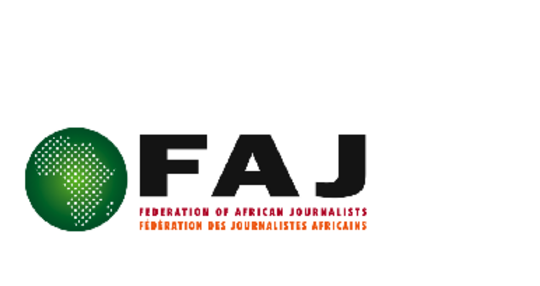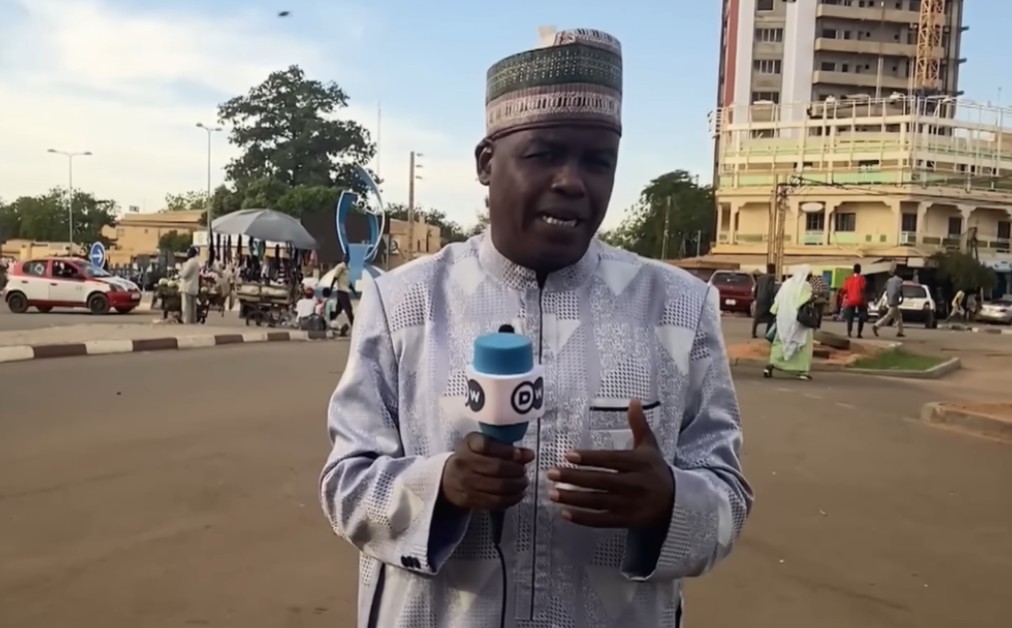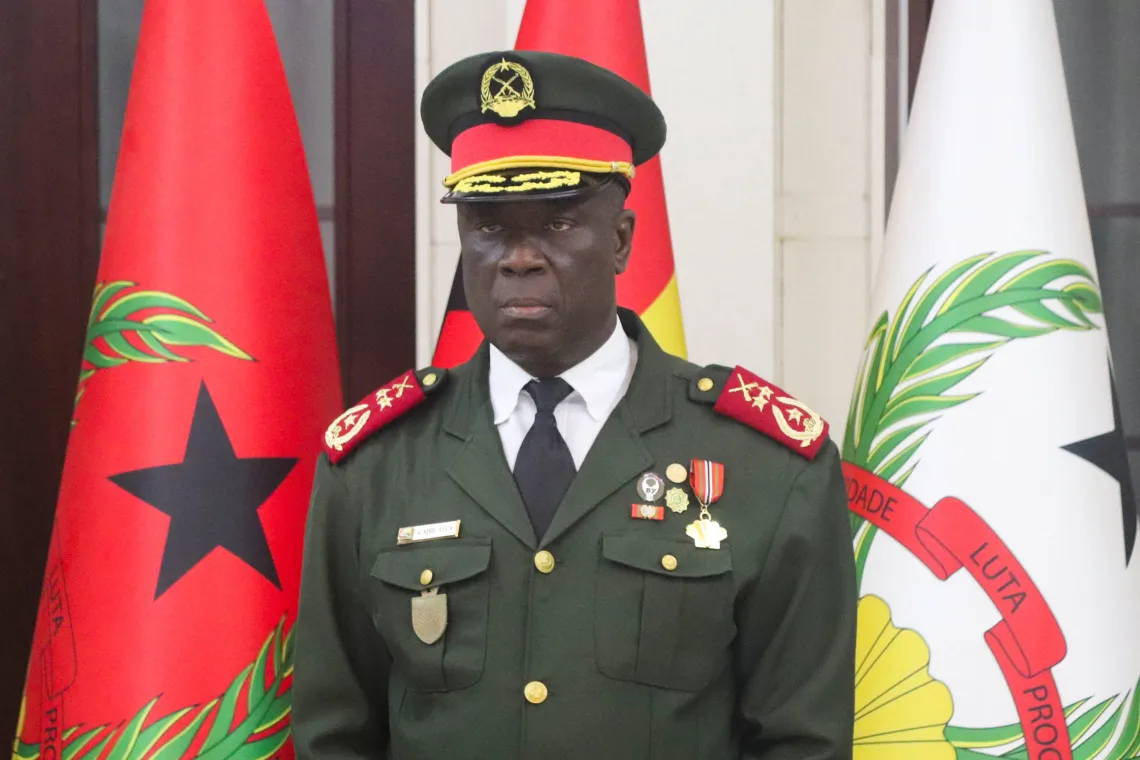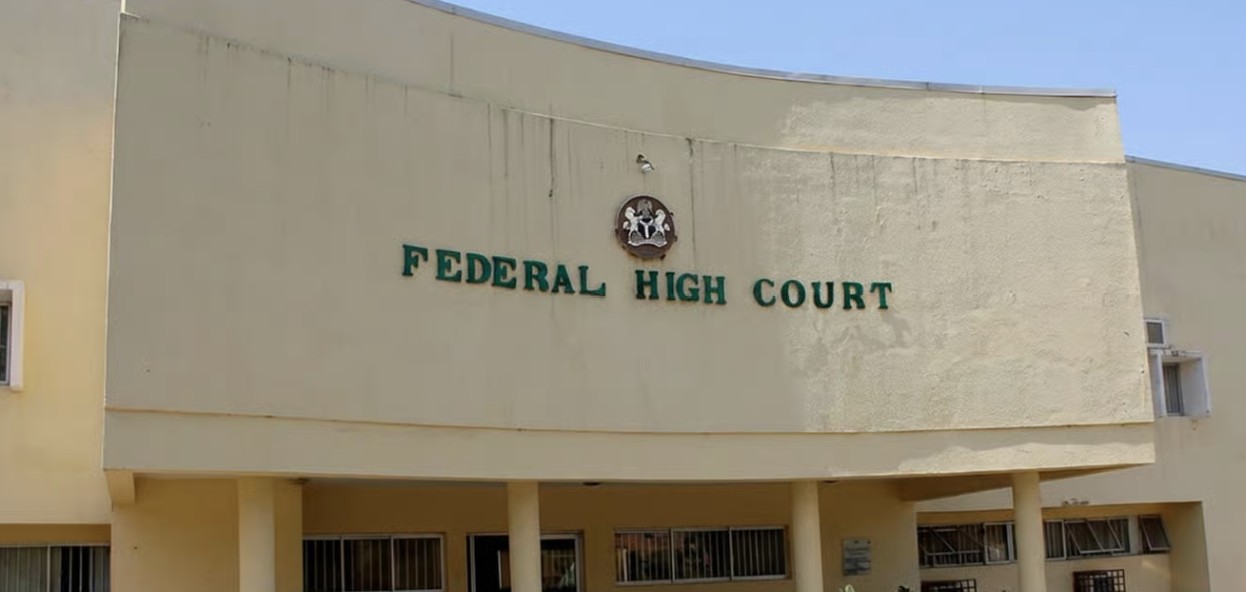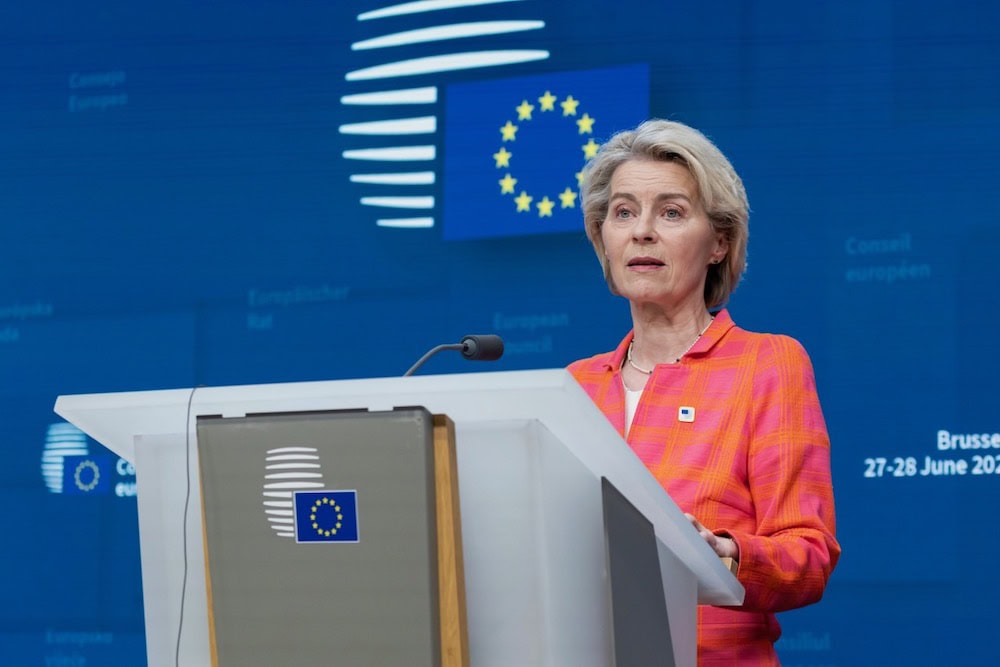
Press Freedom Groups Urge EU to Oppose Türkiye’s “Agent of Influence” Bill
December 10, 2024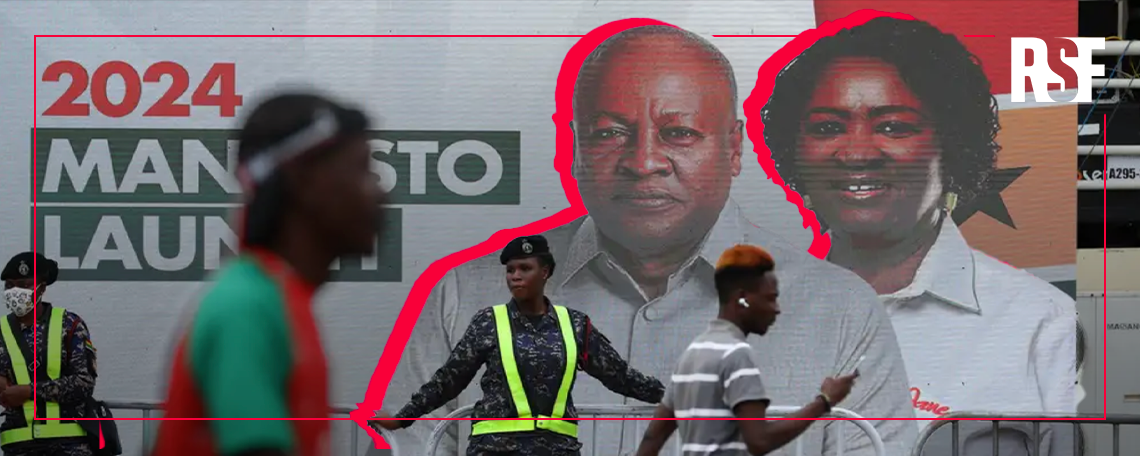
RSF Urges Ghana to Uphold Press Freedom During 2024 Elections
December 10, 2024December 10, 2024 – Senegal –
The Federation of African Journalists (FAJ), the regional arm of the International Federation of Journalists (IFJ), issued a stark warning about the escalating wave of violations targeting media professionals across the African continent. In a statement released from Senegal, FAJ condemned what it described as an increasingly hostile environment for journalists marked by violence, legal persecution, and widespread impunity.
FAJ detailed a disturbing pattern: physical assaults, arbitrary arrests, prolonged detentions, and even assassinations of journalists have become more frequent, especially in countries facing political instability. In many cases, perpetrators operate with impunity, emboldened by state inaction or, in some instances, state complicity. “Every attack on a journalist is an attack on the public’s right to know,” said FAJ President Omar Faruk Osman. “The impunity they enjoy must end.”
Beyond physical threats, FAJ also spotlighted the deteriorating working conditions faced by many journalists. A significant portion of Africa’s media workforce operates without formal contracts, job security, or basic labor protections. Low wages, censorship pressures, and a lack of safety measures contribute to a media culture where journalists are vulnerable to both external threats and internal exploitation.
Women journalists, in particular, face dual risks. In addition to the dangers common to all reporters, they often encounter gender-based harassment, online abuse, and workplace discrimination. FAJ emphasized the urgent need for gender-sensitive protections, noting that women are frequently silenced or excluded from leadership roles despite their central contributions to the media landscape.
To confront these challenges, FAJ issued a call to action directed at African governments, media owners, unions, and international partners. It urged the enforcement of journalist safety laws, prosecution of perpetrators, labor reforms to ensure fair working conditions, and institutional support for women in journalism.
The statement concluded with a warning: without coordinated and immediate intervention, press freedom in Africa will continue to erode. Upholding the rights of journalists, FAJ insisted, is not only a media issue but a cornerstone of democracy, accountability, and sustainable development across the continent.
Reference –

